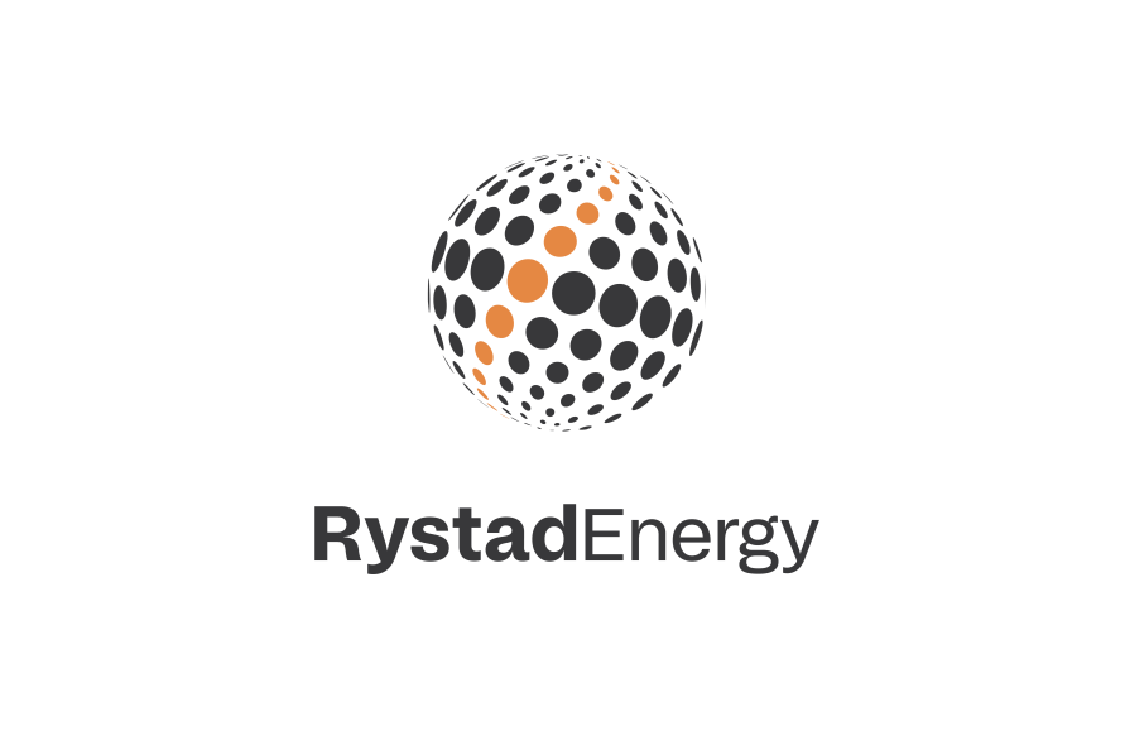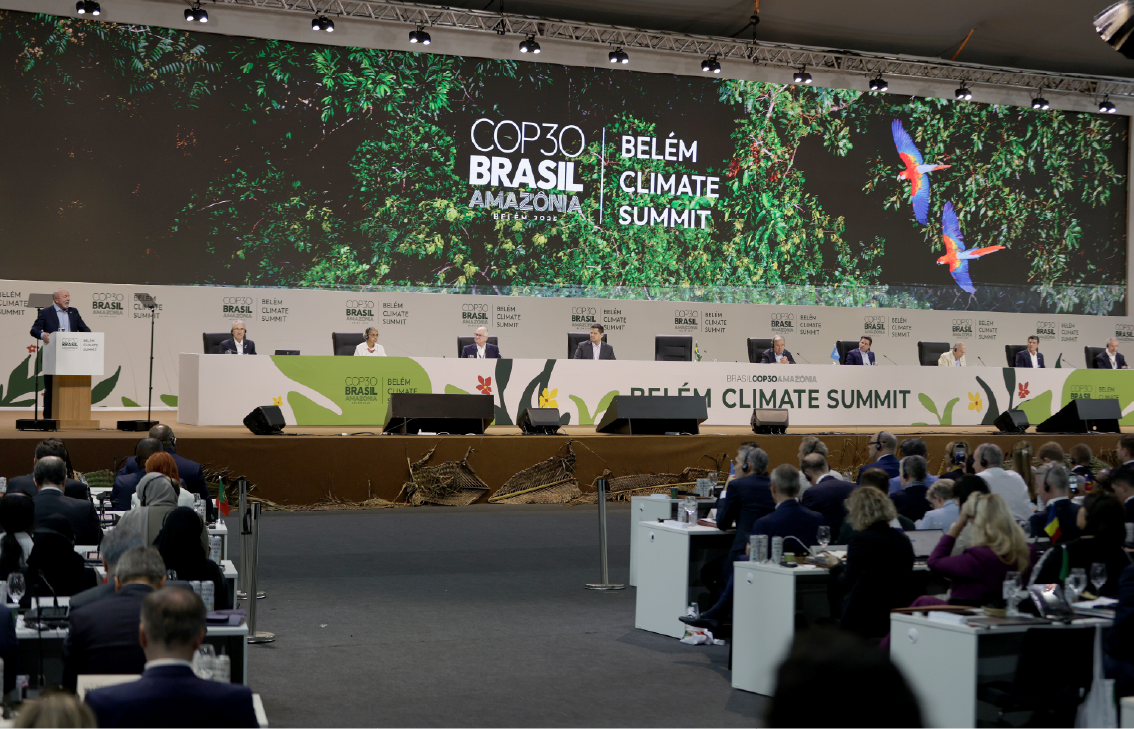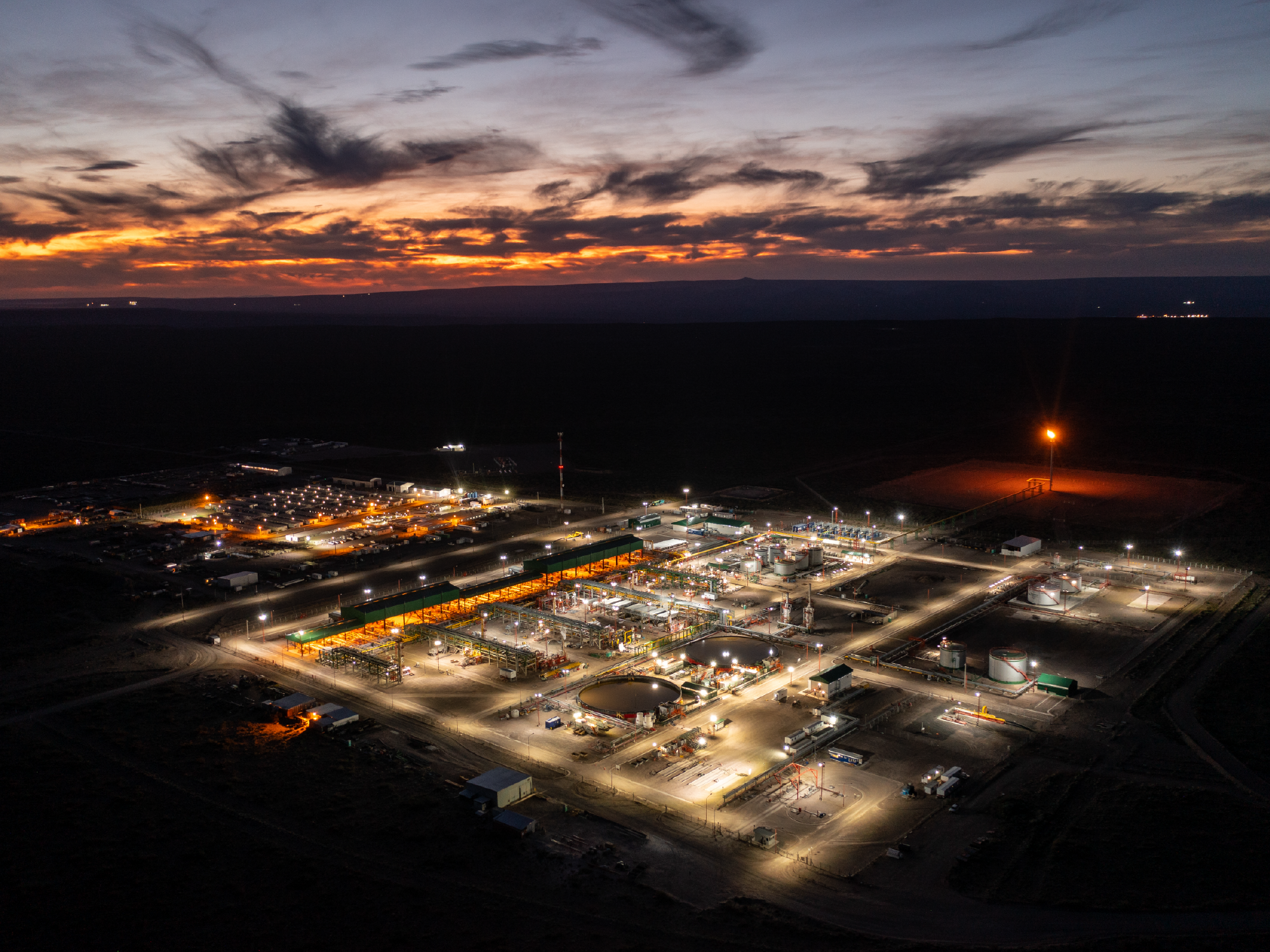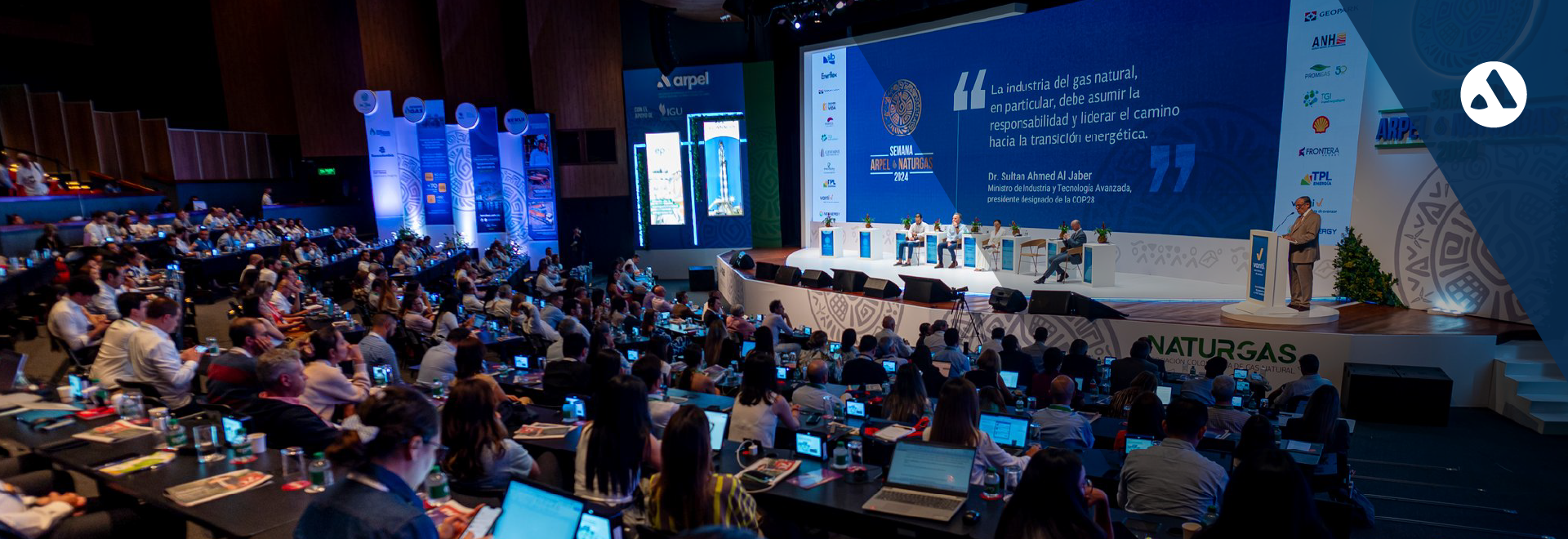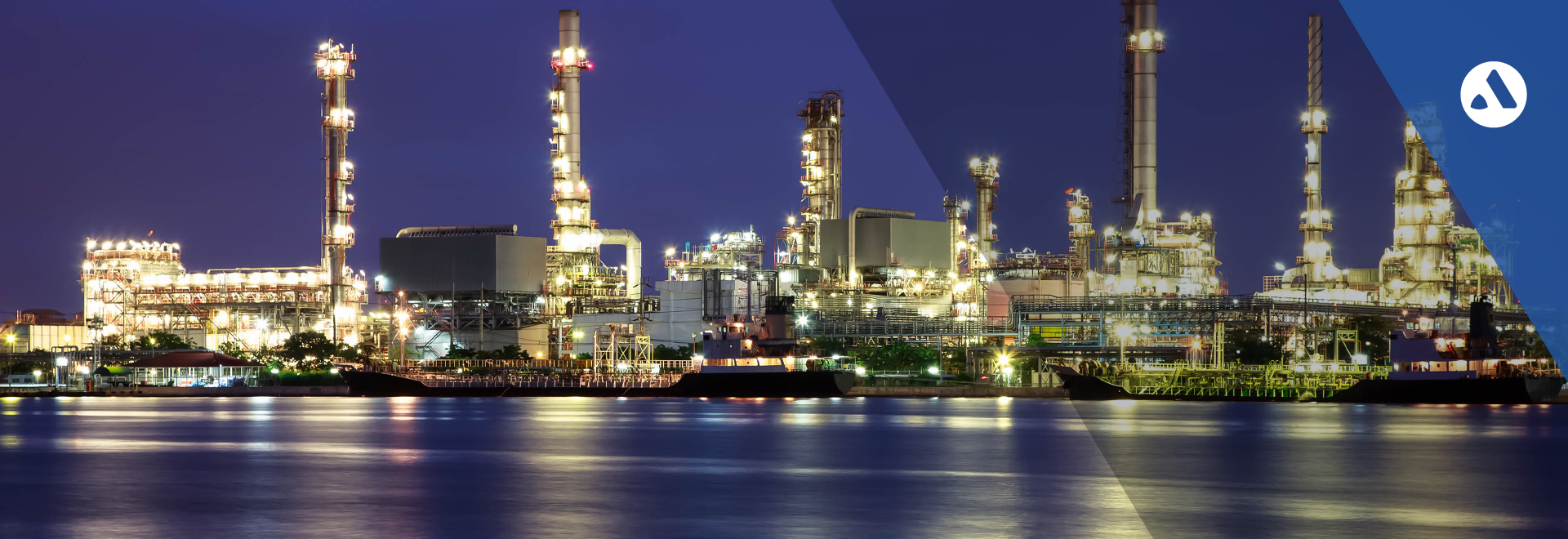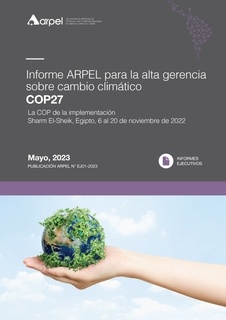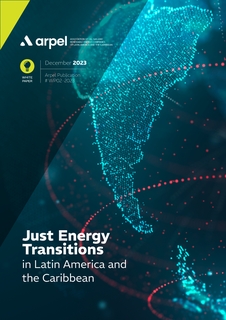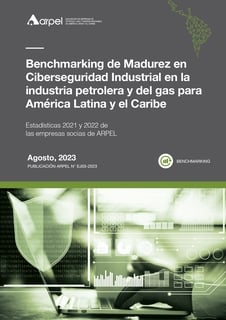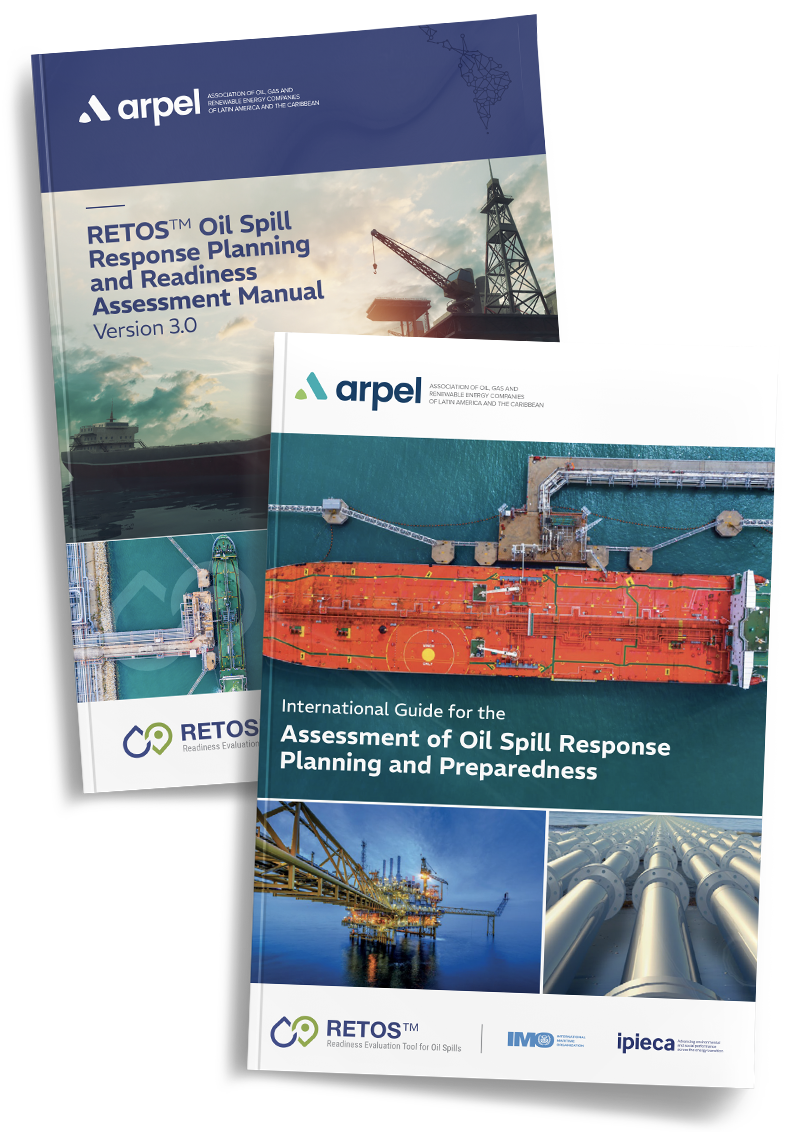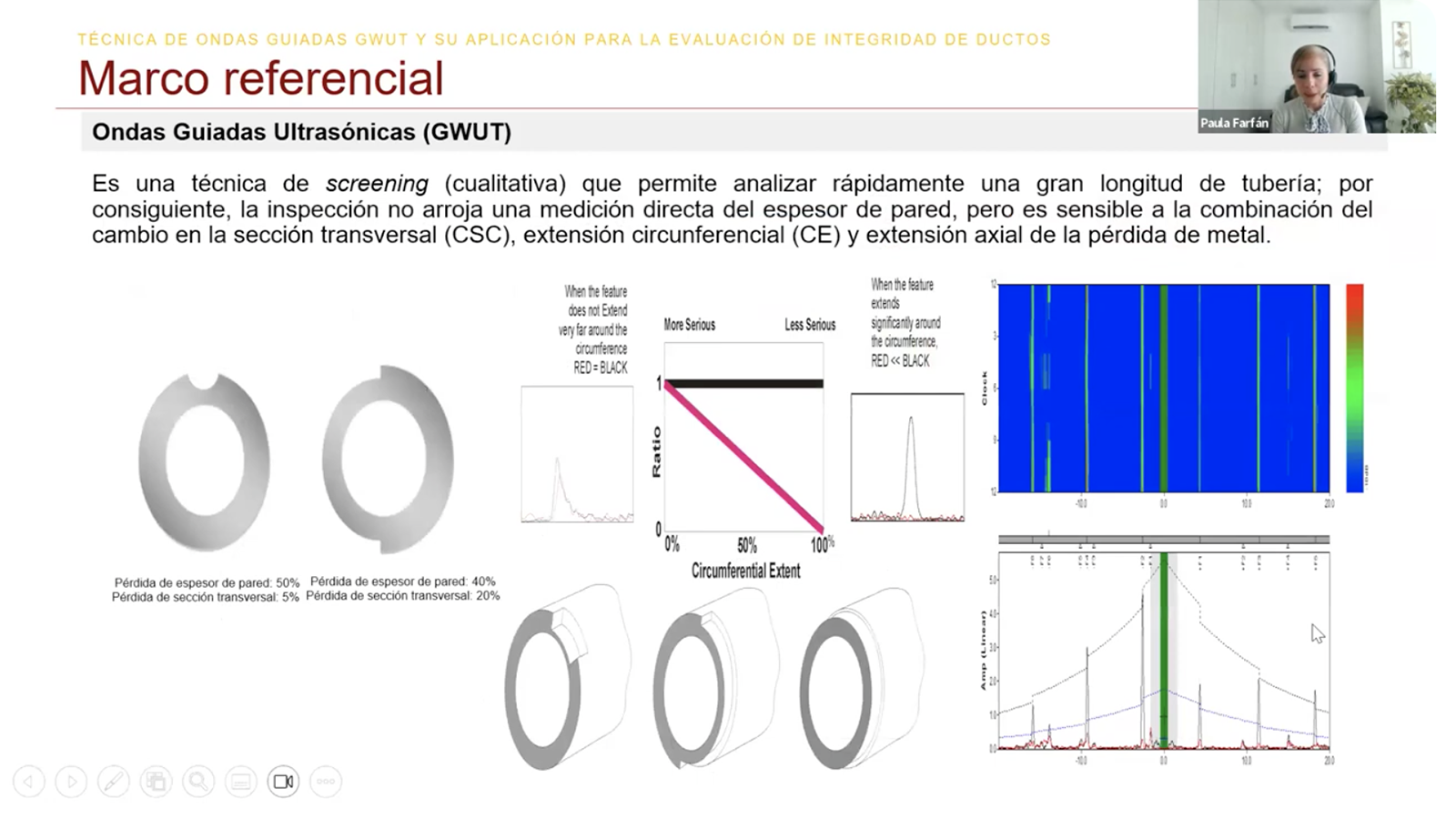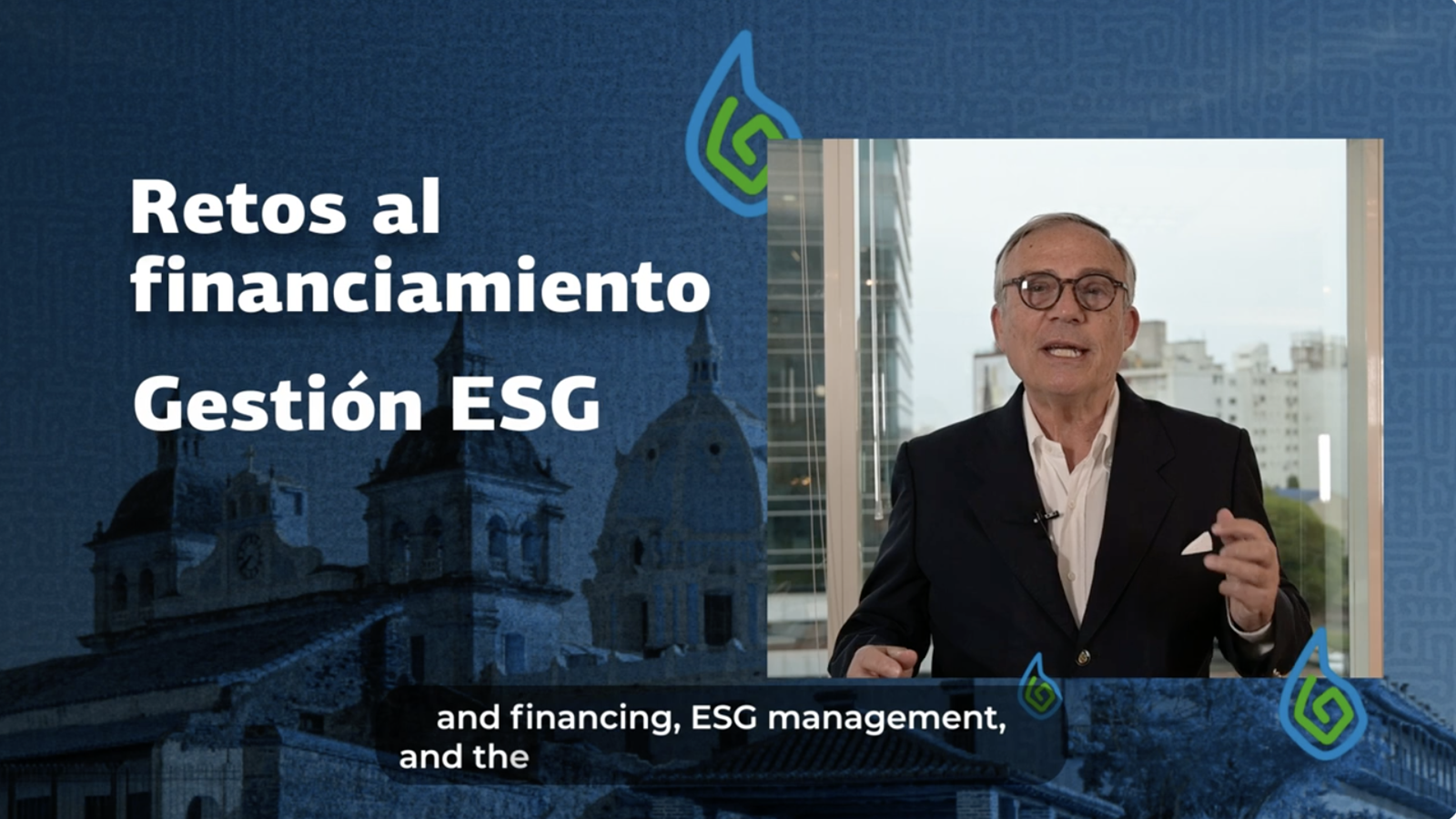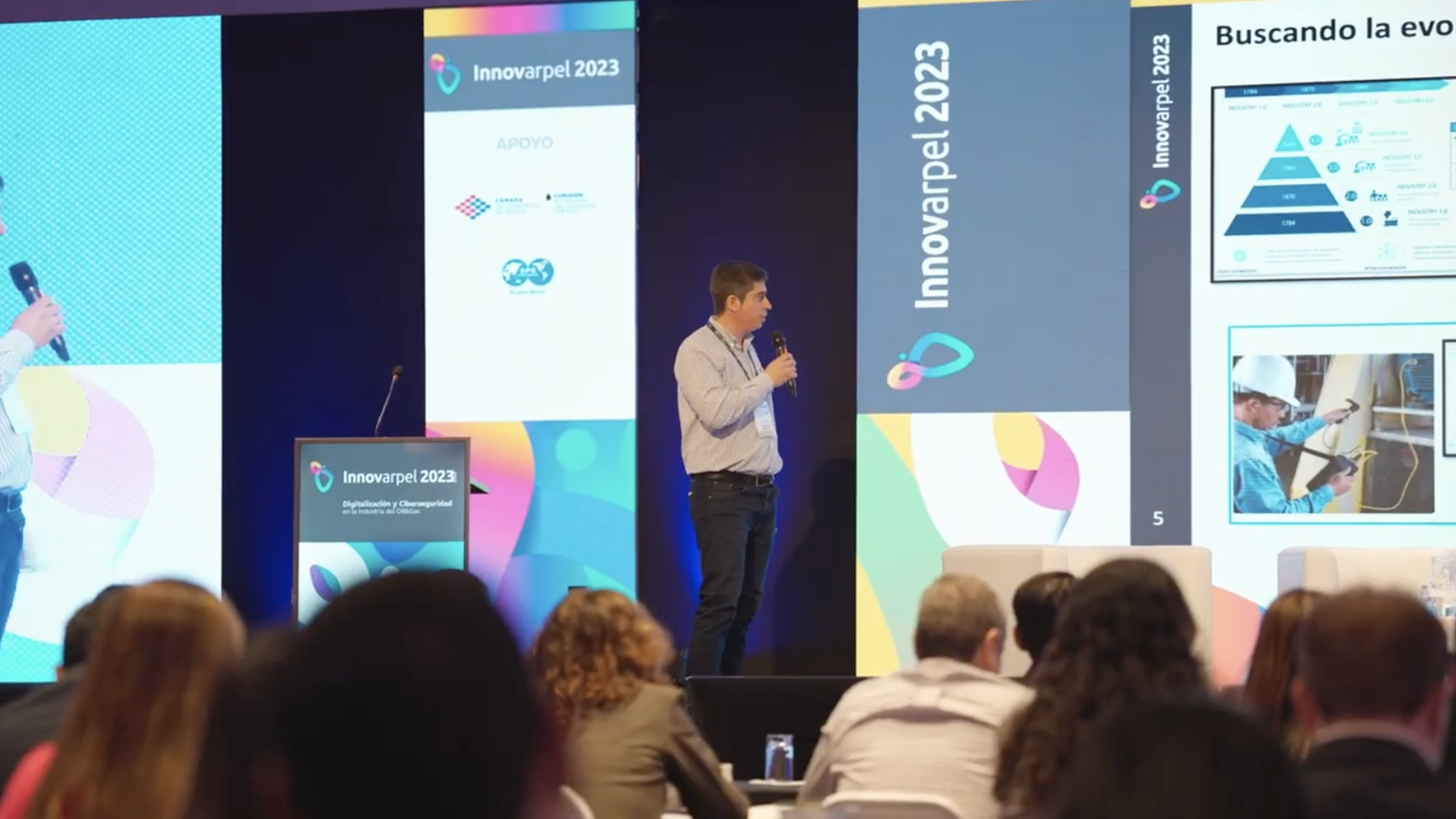
Arpel was founded in Rio de Janeiro on October 2, 1965, by eight state-owned companies: ANCAP (Uruguay), Ecopetrol (Colombia), ENAP (Chile), PdVSA (Venezuela), Petrobras (Brazil), Petroperú (Peru), YPF (Argentina), and YPFB (Bolivia). Over the years, Cupet (Cuba), NGC (Trinidad and Tobago), Pemex (Mexico), Petroecuador (Ecuador), Petropar (Paraguay), Recope (Costa Rica), and Staatsolie (Suriname) also joined the association.
Eventually, independent private regional companies such as GeoPark, Pan American Energy/Axion, Pluspetrol, and Tecpetrol joined as well, as did globally integrated companies such as Chevron and Shell, hydrocarbon transporters such as COGA, OCP, Oldelval, TAG, TGN, and TGP, LNG companies such as Perú LNG/Hunt Oil, and refiners such as Raizen and Refinería de Bahía Blanca/Trafigura. Companies providing goods and services such as Becht, Honeywell, OceanPact, Rosen, S&P Global, SLB, Tema Litoclean, and TGS-NOPEC also joined as cooperative members.
Today, we are 31 companies and have eleven committees that address value chain issues and issues that cut across all segments. Our collaborative network of experts provides members with mutual technical assistance to resolve specific technical or management problems and a platform for continuous improvement by sharing our best practices. We publish guides, manuals, position white papers, and offer workshops, webinars, and a renowned leadership course offered by S&P Global and Arpel, which are now joined by the Baker Institute of Rice University in Houston, the hemispheric capital of our sector.
Since our inception, we have continued to focus on the basics: efficient and safe operations. Today, we promote to continue operating responsibly and sensitive to the social mandates generated by the urgency of mitigating the effects of climate change. Consequently, we emphasize the urgency of achieving greater energy efficiency and decarbonizing our operations, processes, and facilities to drastically reduce our greenhouse gas emissions. To achieve all of this, it is essential to fully embark on our digital transformation.
But that new global sentiment has generated more uncertainties and new risk dynamics for our sector. Our social license has even been called into question, with calls for its cancellation or the imposition of external barriers to its continuity.
Complex, multivariate systems with significant uncertainties, such as those relating to energy, socioeconomic growth, and climate, do not respond well to well-intentioned but simplistic or reductionist "solutions." These solutions have manifested themselves as restrictions on financing new projects by multilateral and banking institutions, or, in the case of some governments, by not allowing access to new exploratory acreage, prohibiting fracking, or increasing the proportion of rent capture to give relative cost advantages to other forms of energy.
These "solutions" generate costly externalities:
- They affect energy security and affordability, and increase energy costs for citizens, especially the most vulnerable populations.
- They harm the fiscal accounts and balance of payments of producing countries. In some cases, they also affect provincial/departmental and municipal economies, as well as those of pre-existing infrastructure.
- They undermine hydrocarbons' capacity to leverage renewable energies, which are still intermittent and more vulnerable to climate risks.
- They create the risk of ending up importing hydrocarbons to satisfy their local demand without reducing emissions, or worse, they encourage coal production.
- The lack of contractual and regulatory predictability for our sector would be troubling for any kind of large, long-term investment in energy and infrastructure, whether renewable or not.
However, this year the rhetoric regarding Energy Transition has changed dramatically. The noble global aspiration of reaching "net-zero emissions" by 2050 has collided with reality and has become more of a compass than a roadmap. It is now clear that renewable energies do not replace, but rather complement, hydrocarbons in the face of ever-increasing energy demand, and that we are experiencing a gradual evolution rather than a transformative transition toward a radically different final state.
Our sector has been providing reliable energy for over a century in volatile price markets, highly vulnerable to political risks and geopolitical disruptions. We are therefore a highly technological, creative, and resilient sector. We will continue to explore, develop, transport, and refine hydrocarbons efficiently and safely for the foreseeable future. Our hydrocarbon industry must therefore remain the industry of industries, the guarantor of energy security and affordability.
In our region, Arpel is responsible for delivering these messages. We have direct relationships with governments (ministries of energy, enforcement and regulatory agencies) and relevant national, regional, and global business, professional, and intergovernmental associations. In fact, we are the only association convened at forums of intergovernmental organizations, both regional and global, to represent the interests of our region's hydrocarbon industry. We thus defend the interests of our regional hydrocarbon industry in national, regional and global fora, ensuring that its voice be heard.
Everything our association has achieved in these six decades we have achieved together, because together we are energy. This is the motto of our next challenge: an 8th Arpel Conference that must be successful both in substance and financially. It will take place at the Hilton Hotel in Puerto Madero, Buenos Aires, from June 1 to 4, 2026.
We are designing the program with your input and that of our partner institutions. Reflecting what was mentioned above regarding the change in rhetoric, it will be driven by a back-to-basics approach, but without neglecting the sustainability and competitiveness of our industry in this new era. We count on your presence and support.
We will continue to make collaboration the essence of Arpel's mission. Together, we will continue to be energy, and may we celebrate many years more.
Carlos A. Garibaldi
Executive Secretary
